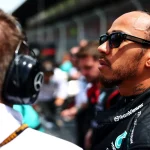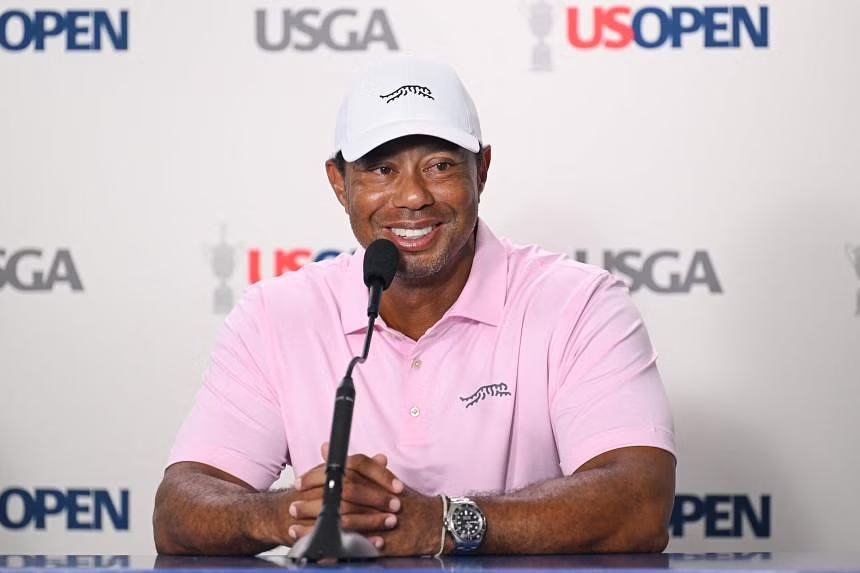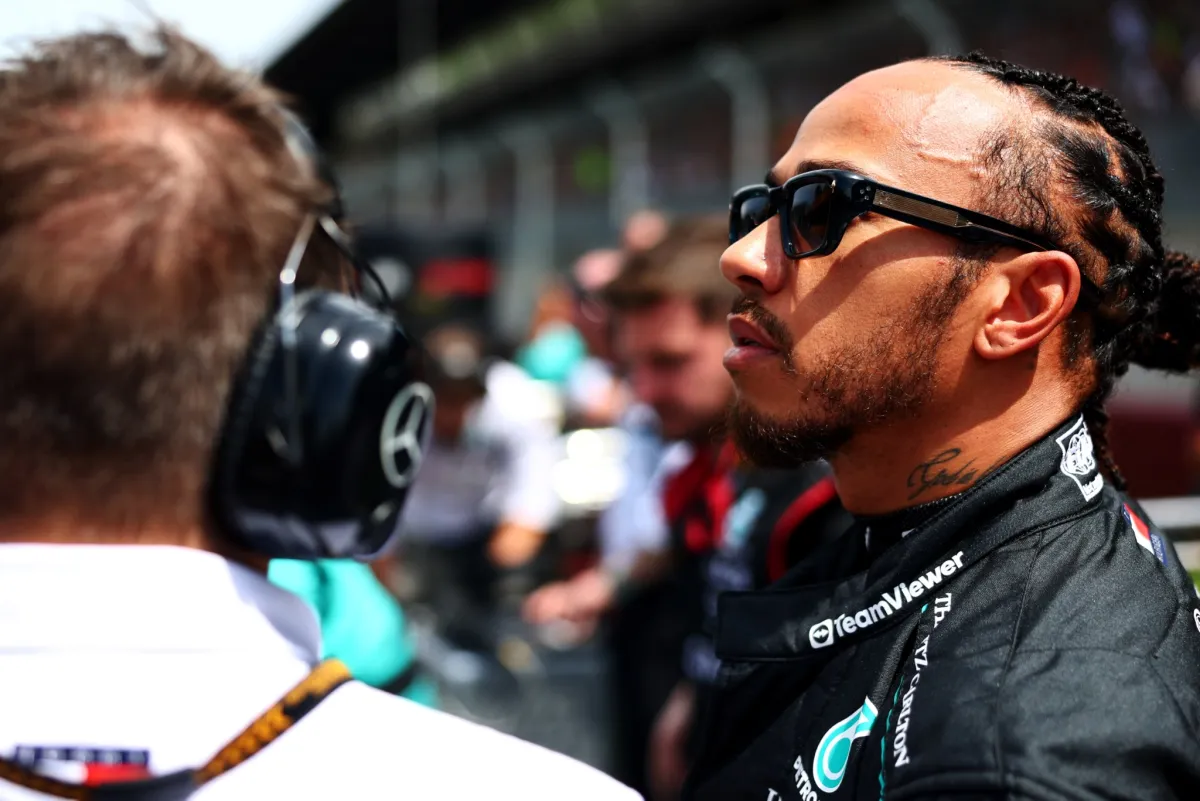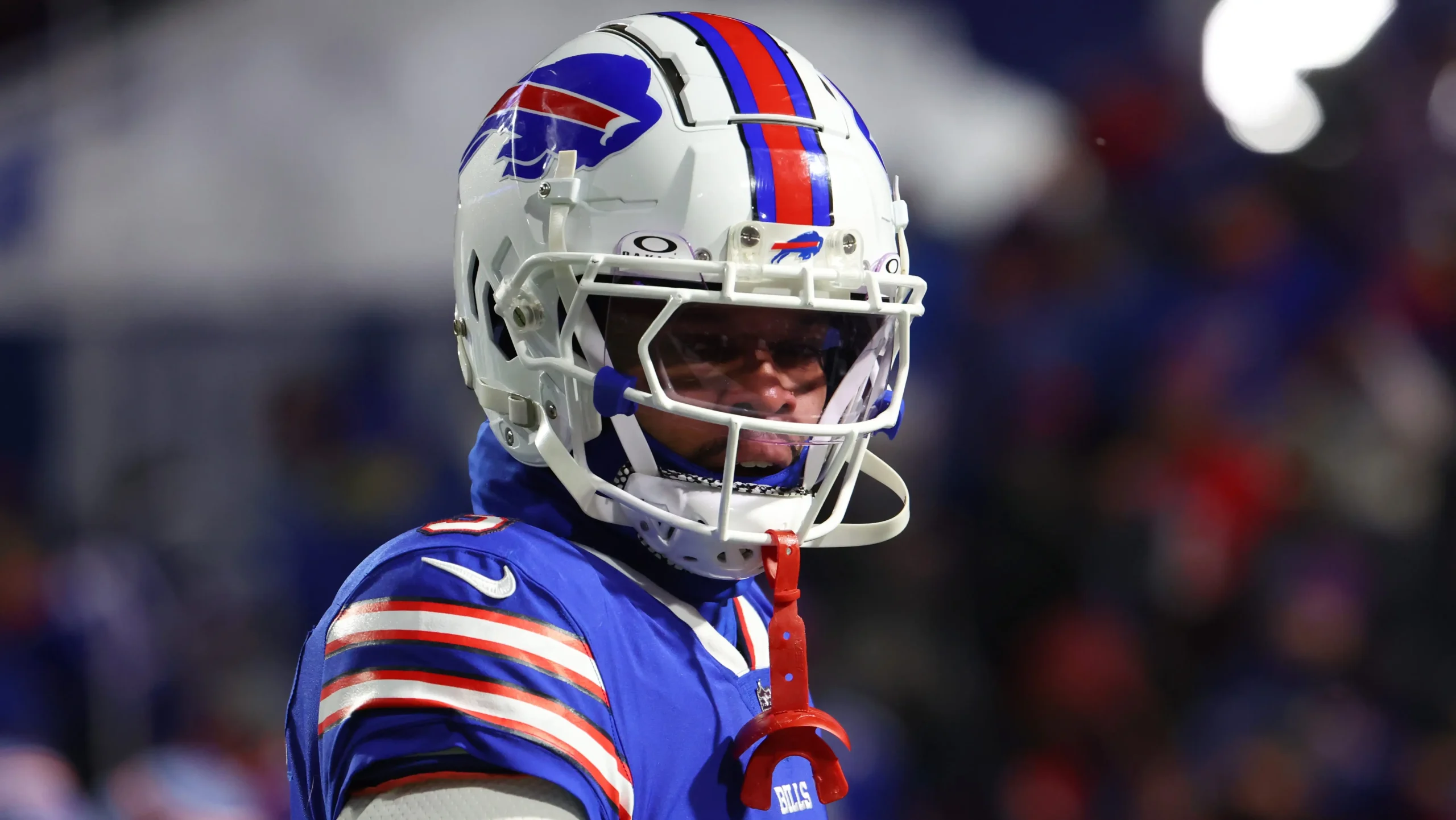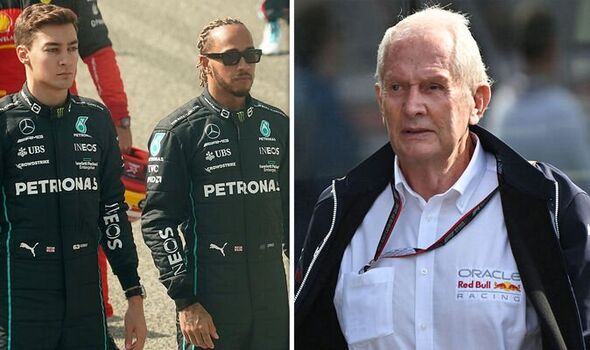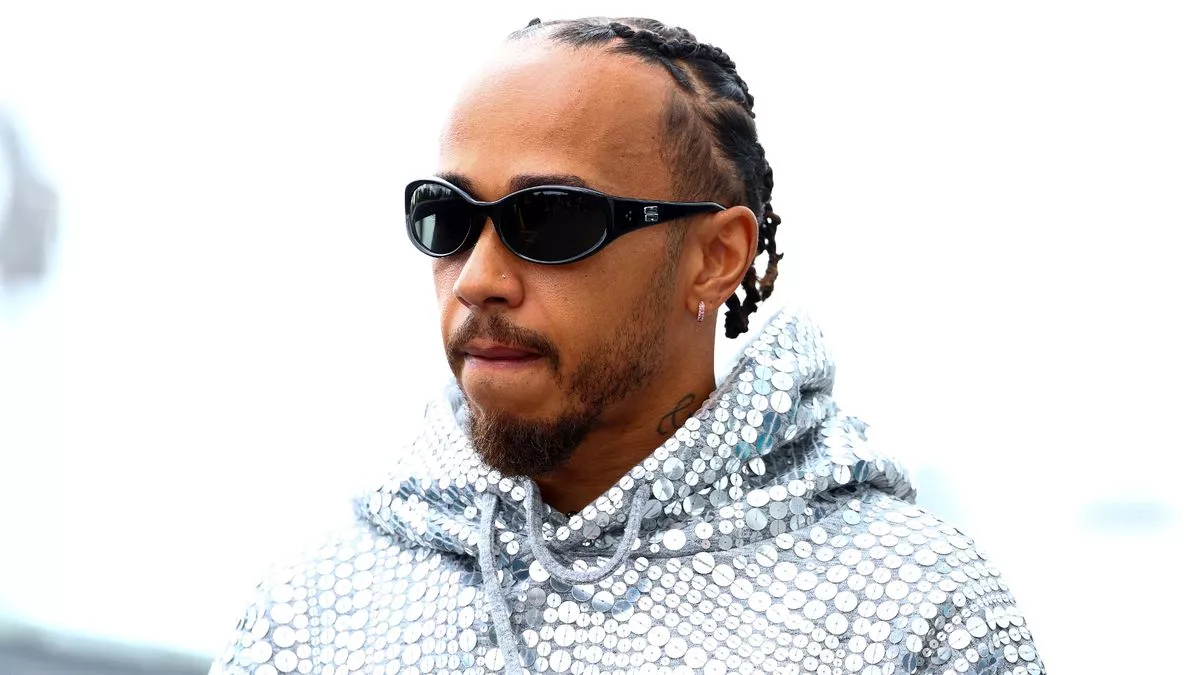The intensity of the postseason has taken its toll, especially on the Phoenix Suns, who seem to be struggling to keep up with the physical demands.
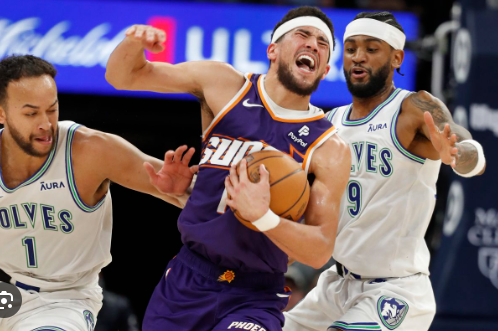
How do you fill your days lately? It seems like you still make time to catch up on the latest news about our beloved Phoenix Suns here at Bright Side of the Sun, and for that, we’re truly grateful. Your support keeps us going strong.
Have you been following any other postseason matchups? If so, you might have come to a sobering realization. It’s not just the typical postseason jitters we’re feeling this time around; it’s the stark recognition that the Suns might not have what it takes to thrive in today’s NBA.
We’ve discussed the constraints of the salary cap, the flaws in roster construction, and the dearth of future draft picks. But there’s a deeper issue at play here, one that becomes more evident with each passing game: the Suns are out of step with the evolving dynamics of the league.
How is that not an offensive foul on Joker. Bros fully extending his arm on Gobert
We know who Adam Silver is pulling for#WolvesBack pic.twitter.com/1KW69aTZ4v
— Bull Run (@run_bull_) May 11, 2024
The basketball landscape has undergone a notable shift over the past decade. Where once finesse and shooting reigned supreme, now athleticism and wing depth dominate the conversation. Gone are the days when brute force in the paint held sway, reminiscent of bygone eras from the 60s all the way through the 2000s.
The catalyst for this transformation? The ‘Stephen Curry Effect’. Nearly a decade ago, the Golden State Warriors embarked on a remarkable run of titles, revolutionizing the game with their unorthodox style. By prioritizing sharpshooting and adopting a pace-and-space strategy, they left opponents struggling to keep up.
While the Seven Seconds or Less Suns had hinted at this approach earlier, Golden State took it to another level by coupling it with staunch defense. Players like Draymond Green and Klay Thompson, despite not towering in size, used their athleticism to stifle opposing offenses, thereby unlocking their own team’s offensive prowess.
But now, as we enter a new era, the winds of change are blowing once more.
The 2024 NBA All-Star Game served as a wake-up call for Commissioner Adam Silver. Recognizing flaws in the product amidst media rights negotiations, he acknowledged a troubling imbalance favoring offensive prowess over defensive grit. Midway through the season, the league made a decisive pivot.
Gone is the emulation of the Suns’ style of play. In its place emerges a renewed focus on defensive intensity and strategic prowess. As teams adapt to this new paradigm, the game of basketball evolves once again, ensuring that the sport remains as unpredictable and captivating as ever.
When you see the physicality in the Denver/Minnesota series, you realize that the Finesse Suns need to change their approach to roster construction.
They were too soft to ever be successful in the postseason.
— John Voita (@DarthVoita) May 15, 2024
Phoenix doesn’t quite fit the mold of a physically dominant basketball team. They lack the imposing size and aggressive demeanor typically associated with such teams. Even players like Jusuf Nurkic, who might seem like a good fit for a physical style of play, struggle in the rough-and-tumble paint. Converting shots through contact has become essential in today’s game, and it’s a skill they’re lacking.
James Jones has crafted a roster geared towards dismantling opponents from the mid-range, a strategy that still holds merit in the modern game. However, to execute this effectively, they need players who can set hard screens, crash the boards for offensive rebounds, and provide the physicality necessary to create space.
In a team reliant on perimeter shooting, having physical players on the periphery becomes crucial. This has been a recurring topic since the offseason began: how will the Suns address the makeup of their roster? Unfortunately, they’re somewhat limited in their options due to various constraints. Yet, they must strategize how to adapt to the league’s increasing emphasis on physicality.
The Suns’ performance in the 2023-24 season exemplified their struggles against physically dominant teams, particularly evident in their winless series against the league’s top defensive squad, Minnesota. The postseason has underscored the value of physicality and defense, qualities the Suns must integrate into their game plan.
Gone are the days of complaining about touch fouls or expecting favorable calls in the lane. The league has shifted towards a more rugged style of play, and the Suns must adjust accordingly. The finesse-oriented approach that characterized their game needs to evolve into a more physical one, especially around their core players.
Some may question whether this shift towards physicality is merely a passing trend or a response to fan and media preferences. However, given recent trends and the nature of postseason basketball, it’s unlikely to revert anytime soon.
Reflecting on Phoenix’s performance post-All-Star break, it’s evident that they struggled to adapt to the evolving dynamics of the game. With a record of 16-11, they ranked 12th in the NBA, and their winless postseason run highlighted their vulnerability. If this trend persists, the Suns will face an uphill battle not only in the playoffs but also in the regular season. Adaptation is imperative if they are to thrive in this new era of basketball.
